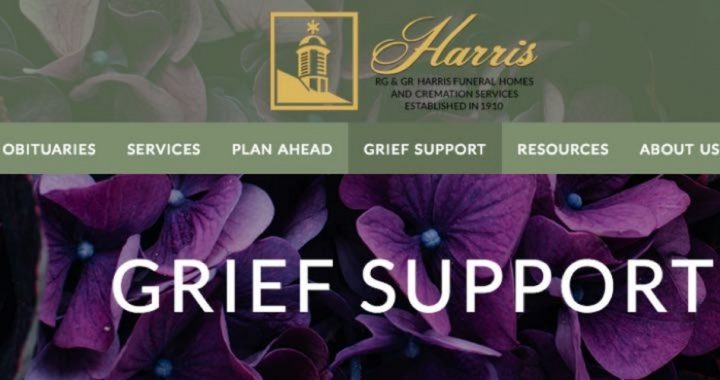
A U.S. appeals court has ruled in favor of a man who sued a Michigan funeral home after it fired him for his decision to dress as a woman on the job.
The 6th U.S. Circuit Court of Appeals ruled March 7 that R.G. & G.R. Harris Funeral Homes, based in the Detroit area, had discriminated against funeral director Anthony Stephens, who now goes by Aimee Stephens, after the company fired him in 2013. The decision by the three-judge panel returns the case to a federal judge who earlier dismissed a discrimination lawsuit against the funeral business filed by the U.S. Equal Employment Opportunity Commission (EEOC).
When Stephens joined the funeral company in 2007, he did so as a man, eventually becoming a funeral director. As explained by Alliance Defending Freedom (ADF), the conservative legal advocacy group representing the funeral home, Stephens “served as a funeral director, regularly interacting with the public and grieving family members and friends.” However, “after informing the funeral home of his intention to begin dressing as a female at work, [Stephens] was dismissed for refusing to comply with the same company dress code that all other men are required to follow while on the job.”
In 2016, U.S. District Judge Sean Cox ruled in the EEOC lawsuit that the funeral home had sufficiently proven that enforcing Title VII of the 1964 Civil Rights Act, an anti-discrimination clause, “would impose a substantial burden on its ability to conduct business in accordance with its sincerely-held religious beliefs.”
But in a 49-page decision written by Circuit Judge Karen Nelson Moore, the circuit court threw out that opinion, ruling that the funeral home had violated Title VII, declaring that “discrimination against employees, either because of their failure to conform to sex stereotypes or their transgender and transitioning status, is illegal under Title VII.”
Thomas Rost, majority owner of R.G. & G.R. Harris Funeral Homes and a staunch Christian, said that his faith informs how he does business with his clients, prompting his dismissal of Stephens for his insistence on dressing as a woman. While the lower court ruled that the federal Religious Freedom Restoration Act protects the freedom of a business to maintain a dress code consistent with its sincerely held faith convictions, the circuit court overturned that ruling with its decision.
In its ruling the circuit court rejected the lower court’s opinion that “transgender or transsexual status is currently not a protected class under Title VII,” ruling that “discrimination on the basis of transgender and transitioning status violates Title VII.” In her opinion for the court, Moore wrote that an “employer cannot discriminate on the basis of transgender status without imposing its stereotypical notions of how sexual organs and gender identity ought to align.” Stephens claimed that he was in the process of transitioning his gender to female.
Reflecting on the circuit court ruling, ADF Senior Counsel Gar McCaleb said, “American business owners, especially those serving the grieving and the vulnerable, should be free to live and work consistently with their faith. The funeral home’s dress code is tailored to serve those mourning the loss of a loved one.” He added that the circuit court decision “misreads court precedents that have long protected businesses which properly differentiate between men and women in their dress and grooming code policies.”
Referring to the circuit court’s interpretation of the federal Religious Freedom Restoration Act, McCaleb said that “court opinions should interpret legal terms according to their plain meaning when Congress passed the law. This opinion instead re-writes federal law and is directly contrary to decisions from other federal appellate courts. We are consulting with our client to consider their options for appeal.”
McCaleb said that ADF would appeal the ruling against its client.
Image: Screenshot of Harris Funeral Home website



